China, along with North and South Korea have spent much time in recent years distancing themselves from Japan. They view their anti-Japanese policies as a national virtue and this sentiment is encouraged in the heart of young people. South Korea, in particular, has some egregious examples of treating Japan and its citizens poorly.
On a banner that was brandished by Korea at the last soccer Asian Games, the face of "An Jung-geun 安重根" was boldly displayed. According to Japanese history, An Jung-geun is the terrorist who assassinated Mr. Hirobumi Ito, who had been elected Japanese Prime minister four times. An Jung-geun was arrested by Russian police and was turned over to the police of Japan. Then he was on trial for the assassination and was hanged. He is clearly a terrorist in Japan, but in South Korea he is honored as a hero. How can there be such varying opinions? This man was not a soldier. He murdered a citizen, not a military figure. He did this deed while in casual dress, not in a military uniform, and it was during peace time, not wartime. Is his conduct heroic? The Russian police arrested An Jung-geun; obviously the police thought of him as a terrorist at that time. Not only was he not a hero, he killed a man that was actually supportive of South Korea. Mr Hirobumi Ito was against the annexation of Korea and yet, An Jung-geun murdered him. He was not a brilliant man, but the South Korean Government honors him and constructed a memorial hall for him.
There is a small rock reef called Liancourt Rocks (竹島、독도)in the Japan Sea. Both the Japanese and the South Korean Government claim sovereignty over these rocks. The South Korean Government runs a sensational campaign about this sovereignty across the country and occupies these rocks by force. On the other hand, the Japanese Government has been peacefully proposing that this issue should be filed in the International Court of Justice since Sep. 25 1954. However the South Korean government has avoided or evaded the court battle all the way and continues to occupy the rocks. Seoul always says, "We are confident about our historical data". If this is really so, they should put this issue to trial.
A Korean fishing boat was caught by the Japanese Coast Guard in the Japanese exclusive economic zone (EEZ). The boat was stopped on May 31, 2005 because it intruded into Japanese territorial waters and the occupants were illegally fishing. When two maritime safety officials boarded the fishing boat, the crews of the fishing boat captured and abducted them. The fishing boat broke away into international waters, where the South Korean Coast Guard was waiting for them. After a 48-hour standoff and diplomatic negotiations, the Japanese Government avoided a military confrontation and obtained the release of the 2 abducted Japanese officials. The action by Korea was clearly an unacceptable violation of international law by the South Korean Government. Moreover, the South Korean Government added insult to injury by giving honorable recognition to the South Korean Coast Guard for the rescue of this fishing boat. (Chosun [Korean] Daily News, June 3, 2005).
Yes, Japan is being demonized by the South Korean Government. After this incident, in the high-level conference between both Coast Guards in December of 2005, Korea requested that they'd like to have compulsory investigative authority on the fishing boats that intruded in Japanese territories. Such a suggestion is unbelievable. Japan, of course, rejected their request. Is there on earth any country that gives up its investigative rights on criminal acts that are done at home?
We have to understand that South Korea is not a law-governed country. South Korea isn't one of the developed countries from any angle. What do you think about my opinion? (和訳)
(Vocabulary)
distance sb from sb <人>を<人>から遠ざける, 疎遠にする
view ~ as a national virtue ~を国是とする
sentiment (ある事柄に対する)意見 感情
egregious 〈失敗・問題などが〉 はなはだしい, 目に余る
treat each other poorly 互いに嫌なことをする
brandish 〈武器など〉 を振り回す
boldly 大胆に, 堂々と (色・形などが) 目立って, はっきりと
turn over ~ to ~を…に引き渡す[引き継いでもらう]
figure 要人, 名士
annexation (領土などの) 併合
military confrontation 軍事衝突、軍事的対立
add insult to injury 追い打ちをかける さらにひどいことをする
make honorable recognition of ~を表彰する
demonize …を悪者扱いする
law-governed country 法治国家
韓国政府の国際感覚
(Corrected by Maria)
南北朝鮮、シナはこの数年間、日本と距離を置いてきた。反日を国是とし、反日感情は若者の中で鼓舞されてきた。特に韓国は日本と日本人に対して目に余る行動をしている。 この前のサッカーアジアカップで韓国が掲げていた横断幕には「安重根」の顔がプリントされていた。日本の教科書では伊藤博文を暗殺したテロリストと紹介されている人物である。安重根はロシア警察によって逮捕され、日本側に引き渡された。その後裁判にかけられ死刑となった。日本の考えでは明らかにテロリストであるが、韓国では英雄と考えられている。 どうしてこれほどの評価の違いが出るのであろうか。この男は兵士ではない。そして彼が殺害したのは兵士ではなく一民間人である。兵士の格好ではなく、平服での行為である。まして戦時でもない。ロシア警察が彼を逮捕したことは、明らかに当時テロリストと考えられていたことを示している。英雄などではないだけでなく、韓国併合は間違っていると主張していた伊藤を殺害したのである。まぬけな男である。しかし、なんと韓国政府は彼を讃えて記念館まで作っている。 アメリカ建国の父ワシントンは宗主国のイギリスにとっては憎い存在だろう。見方によって評価が変わることがあるのは当たり前であるが、安重根の例は全く事情が違う。 日本海に竹島と呼ばれる小さな岩礁がある。日韓両国が主権を主張している。韓国は国内で大々的なキャンペーンを行い、武力でこれを占拠している。一方、日本政府はこれを平和的に解決すべく国際司法裁判所への提訴を1954年から提案しているが、韓国政府は法廷闘争を拒否し不法占拠を続けている。歴史的文献に自信があると言っているが、それなら法廷でどうどうと発言して欲しいものだ。 一隻の韓国漁船が海上保安庁によって日本の排他的経済水域で捕らえられた。2005年5月31日、日本領海に侵入し不法操業を行っていたため停止を命じられたのである。海上保安官二人が漁船に乗り込んだところ、漁船員は彼らを拉致し国際水域へ逃れた。そしてそこには韓国の沿岸警備隊が待ち受けていたのである。48時間のにらみ合いとなり、平行して事態打開のための外交交渉が行われ、軍事衝突を避けるため、また拉致された海上保安官二人を救出するため、日本側が譲歩した。韓国のこの行為は明らかに国際法違反であり、決して認められるものではない。韓国政府はさらに追い打ちをかけるように、この沿岸警備隊を表彰しているのである。(朝鮮日報2005年6月3日) 日本は韓国政府により悪者扱いされているのである。この事件の後、2005年12月の両国の沿岸警備の高官による会議上、韓国は日本に侵入した漁船員を自国で調べさせて欲しいと提案している。信じられない要求である。いったいどこの国が自国で起きた犯罪の捜査権を放棄するのだろうか? 韓国は発展途上で、幼稚な国と言えるだろう。しかし、残念なことにそれでも隣国である。どのようなつきあいをすればよいのか。

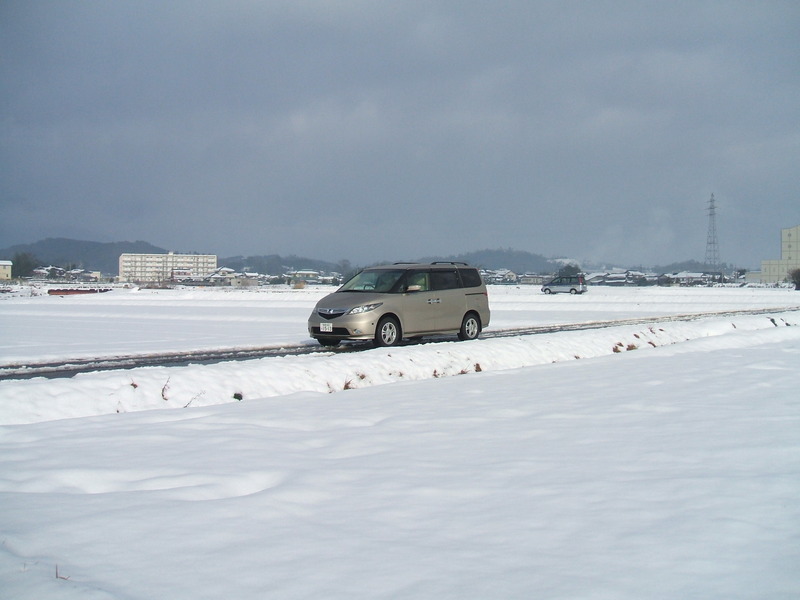
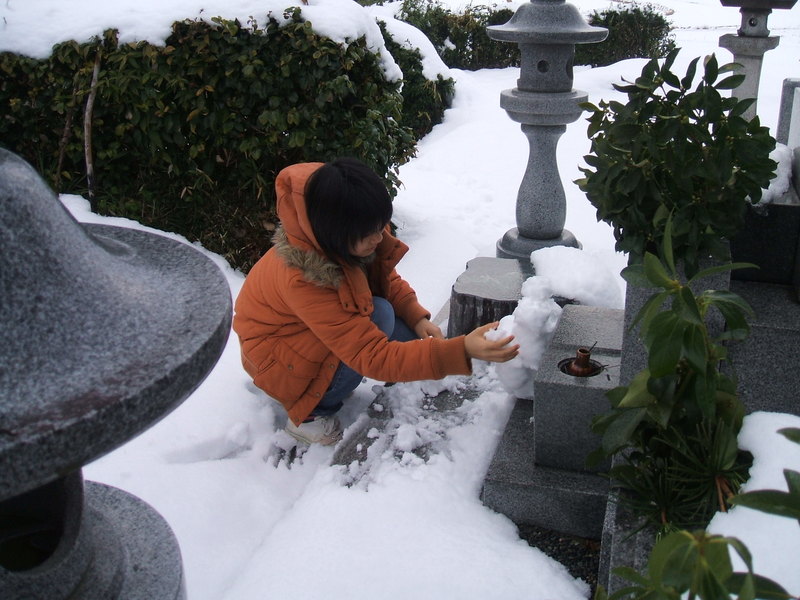




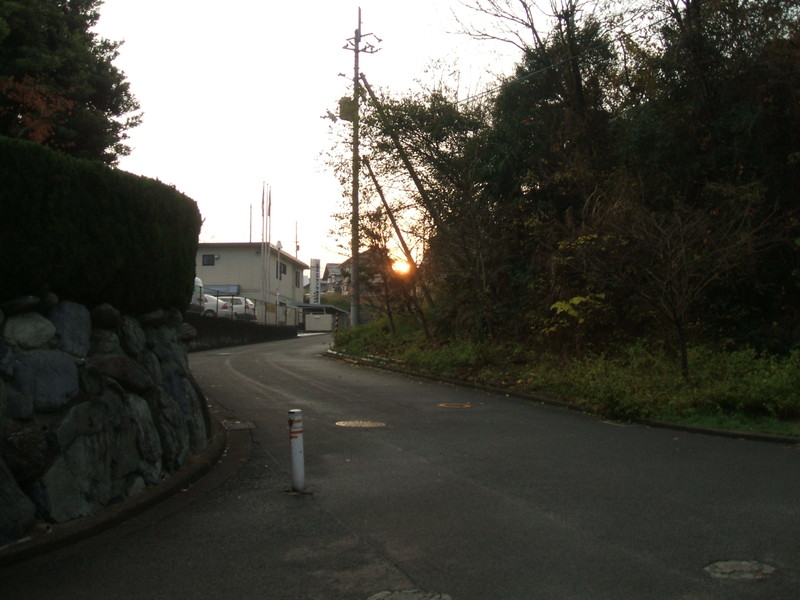

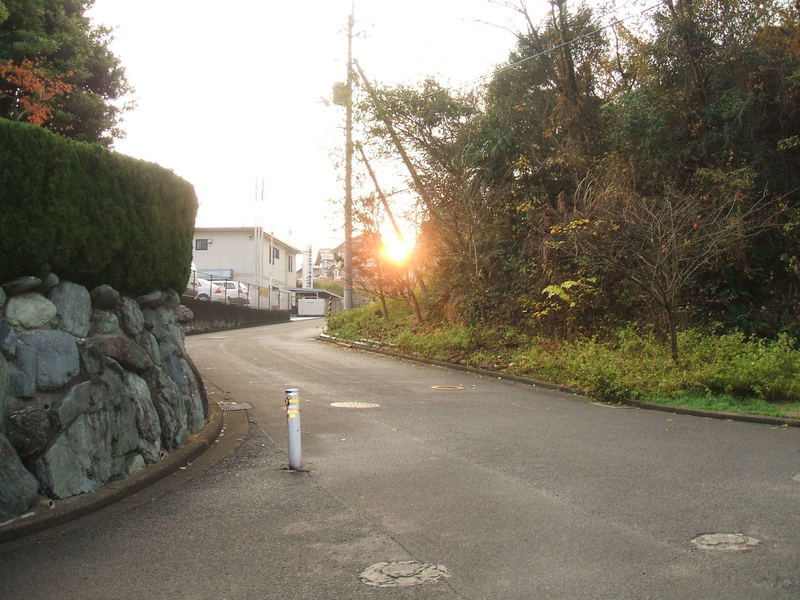

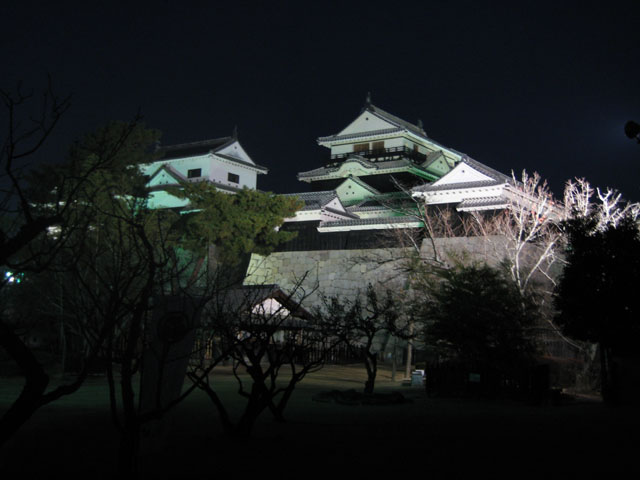


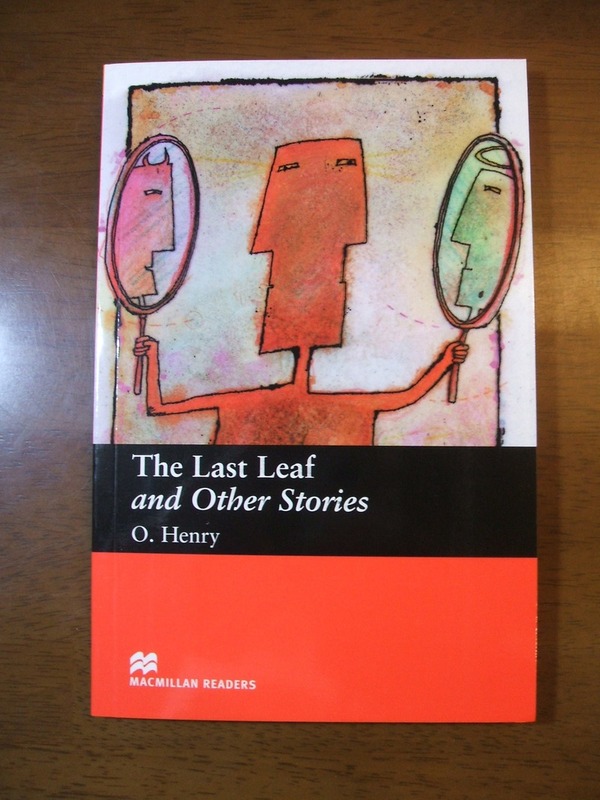
Recent Comments